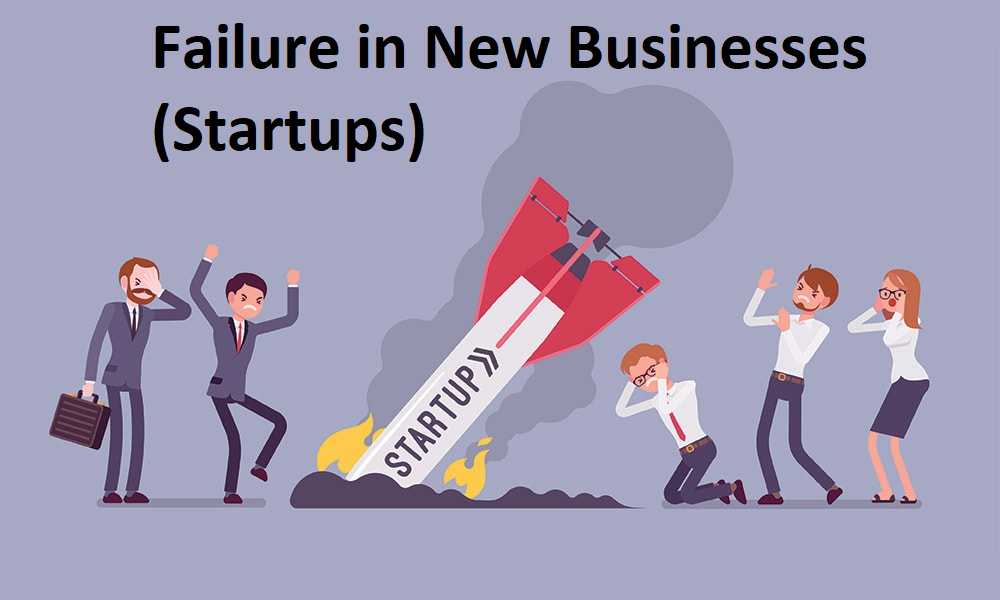
Failure in New Businesses (Startups)
- December 7, 2024
- 0
Most others in today’s world, look at startups as the solution to all modern economic challenges: quality jobs, grow the economy, protect our economy from foreign tech companies… the list of our expectations from startups is never-ending.
The government has jumped in equally enthusiastically: Its Startup India Mission in 2022-23 saw nearly 23,000 units getting registered and statistics for the current year indicate even more are registering.
It is not that every startup will flower and result in a venture that makes its founders and funders wealthy people. Statistics from the United States and from India show that nine out of 10 startups don’t make it; ie only 10 per cent survive and prosper.
It conveys learning to deal with failure in a startup venture appears to be as important, if not more important, than learning to celebrate success. Otherwise, a startup founder and his family could end up tragically.
Let us analyse the reasons behind it. Statistics reveal the most important reason for failure among startups is that the product/services created by a startup does not appeal to the market, ie it lacks a product-market fit.
The second-most important reason is that the initial funds a startup had at its disposal are used up too quickly.
The third-most important reason is failing to hire right people – just getting together with friends and/or relatives doesn’t help. The founders should complement each other’s skills for example: If one is a tech whiz, the other founder needs to be a marketing whiz.
One more reason for failure is that something could happen in the environment, which is beyond your control but damages your business. Some examples are a sudden devaluation of the currency or an imposition of very heavy duties on a critical component you needed to import… and so on.
If current startups and even stably successful ones don’t watch out for this possible cataclysmic change, they may be in for serious trouble.
Companies must do more to ensure their pursuit of short-term profit is not at the expense of their safety.
Startup that abide by a decentralised model where users have more control of their data, focusing on decentralised organisations and reliable identity management are the key.
👇 Please Note 👇
Thank you for reading our article!
If you don’t received industries updates, News & our daily articles
please Whatsapp your Wapp No. or V Card on 8278298592, your number will be added in our broadcasting list.


































































